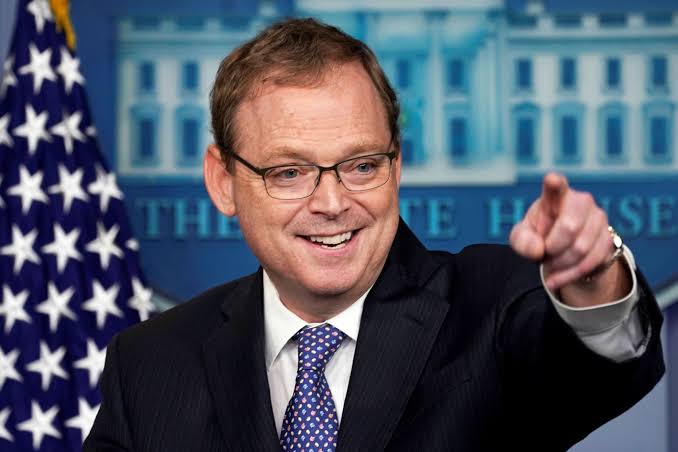With the July 9 deadline for new American tariffs looming, White House Economic Adviser Kevin Hassett testified that sections of the next trade negotiations round will be after the cut-off, leaving the door open to ongoing uncertainty for global markets. Hassett, in an interview with CBS News, asserted that recent agreements with the United Kingdom and Vietnam now act as blueprints for future agreements with other nations, a template-style model for American trade policy.
Key Highlights:
Negotiations Could Fall Behind Schedule: Hassett stated it is "possible that some trade negotiations will push beyond the deadline," which would result in not all U.S. trading partners having agreements completed on time to avoid higher tariffs.
UK and Vietnam Agreements as Benchmarks: The U.S.-UK and U.S.-Vietnam agreements arecurrently being used as a benchmark for the structure of additional trade agreements. These blueprints are focused on market access, tariff cutting, and supply chain security.
Terms of the Vietnam Agreement: Introduced on July 2, the landmark U.S.-Vietnam trade agreement imposes a 20% tariff on Vietnamese products and merchandise suspected of transshipping Chinese goods a 40% tariff. In return, many American products will be imported into Vietnam duty-free, and Vietnam will assist in preventing tariff evasion.
UK Deal Opens Market Access: The June 30 effective U.S.-UK Economic Prosperity Agreement opens U.S. export markets to the UK and permits up to 100,000 UK cars into the U.S. at lower tariffs, if supply chain security thresholds are achieved. It also imposes export quotas on steel, aluminum, and aerospace products and paves the way for preferential treatment of UK pharmaceuticals. China and Other Trade Partners: U.S.-Chinese talks have produced bilateral tariff cuts and eased export restraints but full legal agreements are yet to be negotiated. India and Japan are also in talks, with the U.S. prepared to impose at least a 10% reciprocal tariff on nations with incomplete deals after July 9.
Business Implications: Companies should prepare for possible tariff increases and closely monitor developing compliance requirements, especially in sectors like agribusiness, auto, and tech.
Hassett's remarks capture the uncertainty and forward motion of the U.S. trade scene today, where the administration uses recent agreements to push the pace of the negotiations forward while threatening that some of them may be left unfinished before tariffs increase.
Source: CBS News Interview, July 6, 2025; Yahoo Finance; Duane Morris; Moomoo
